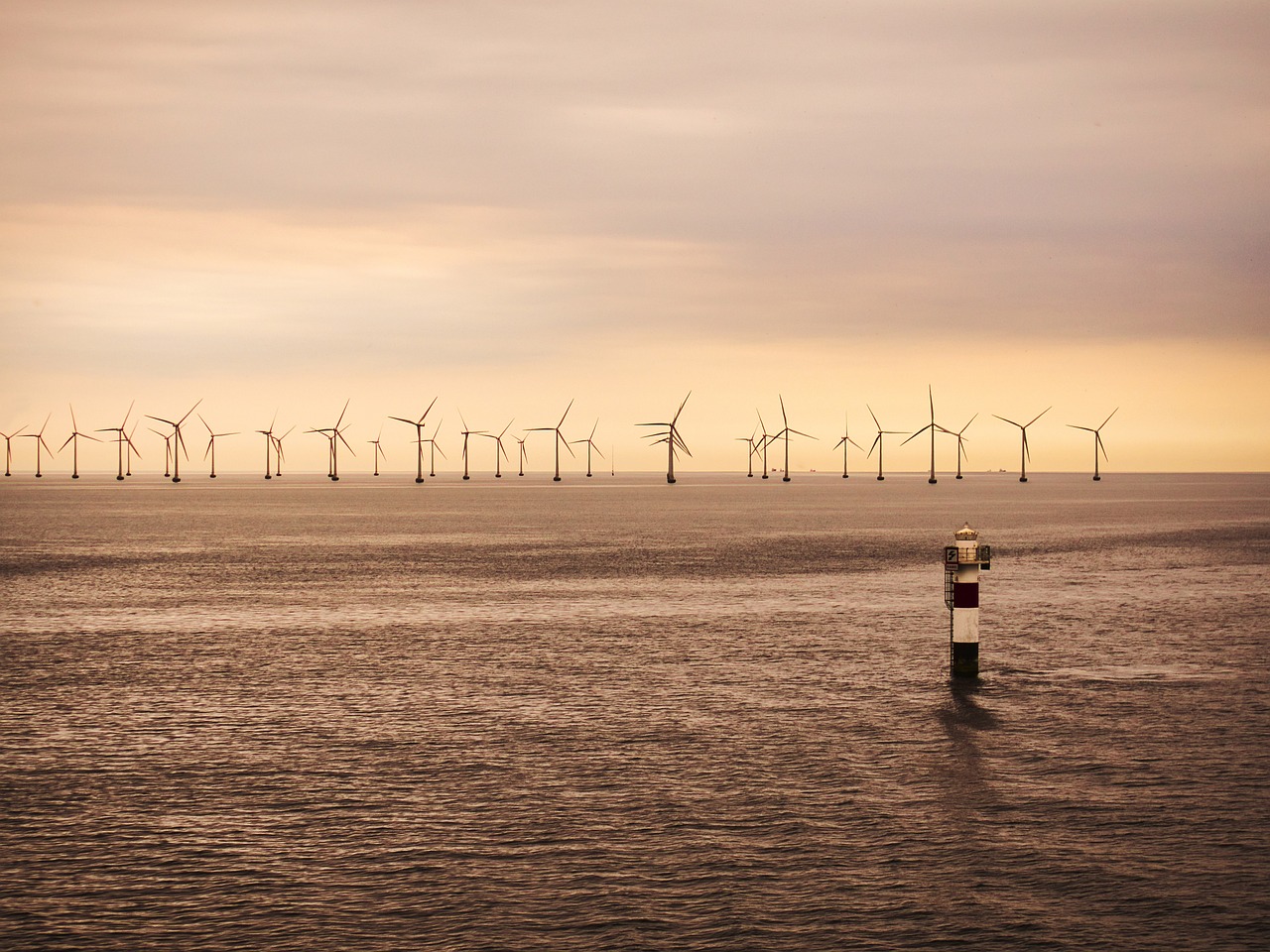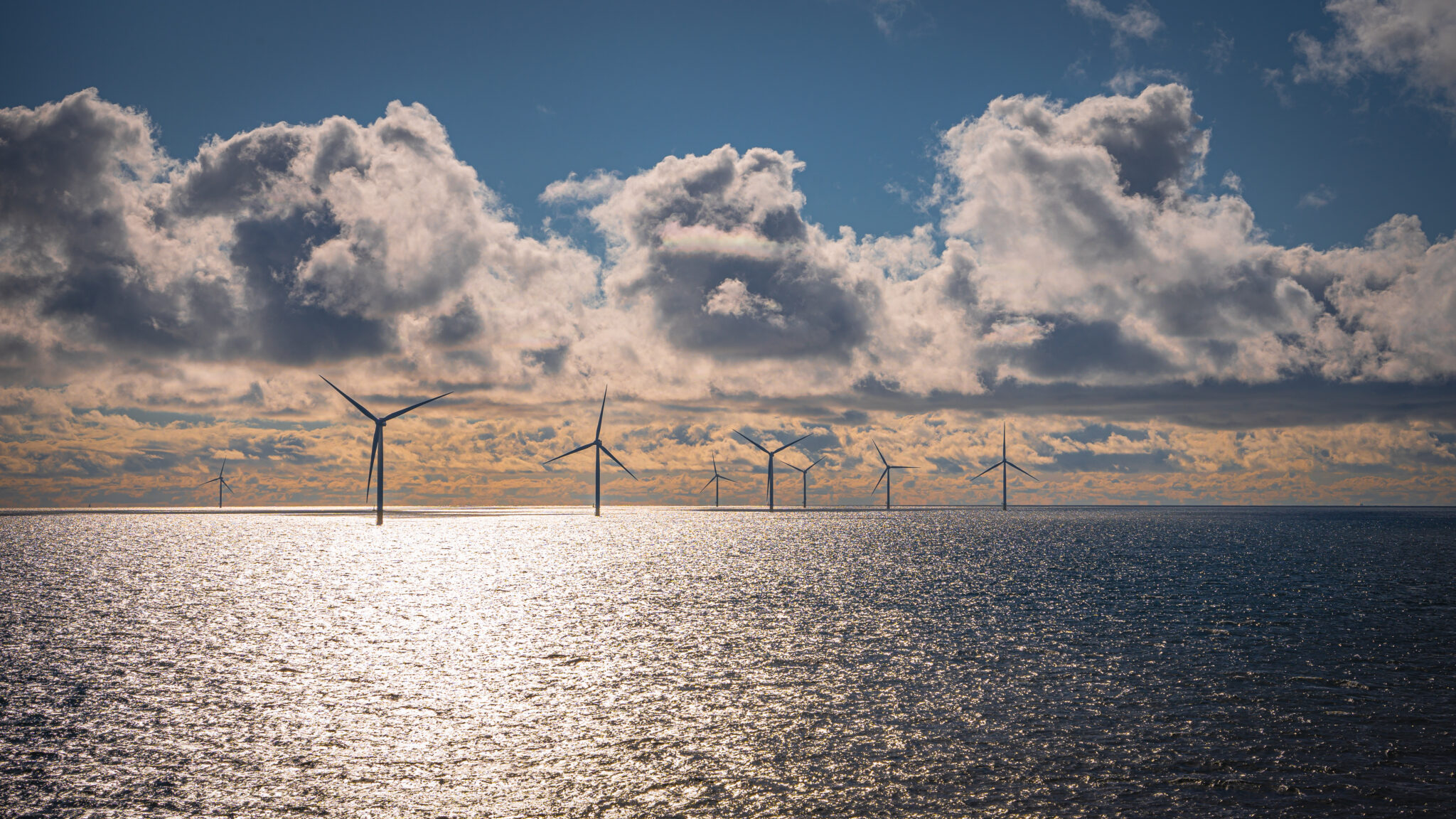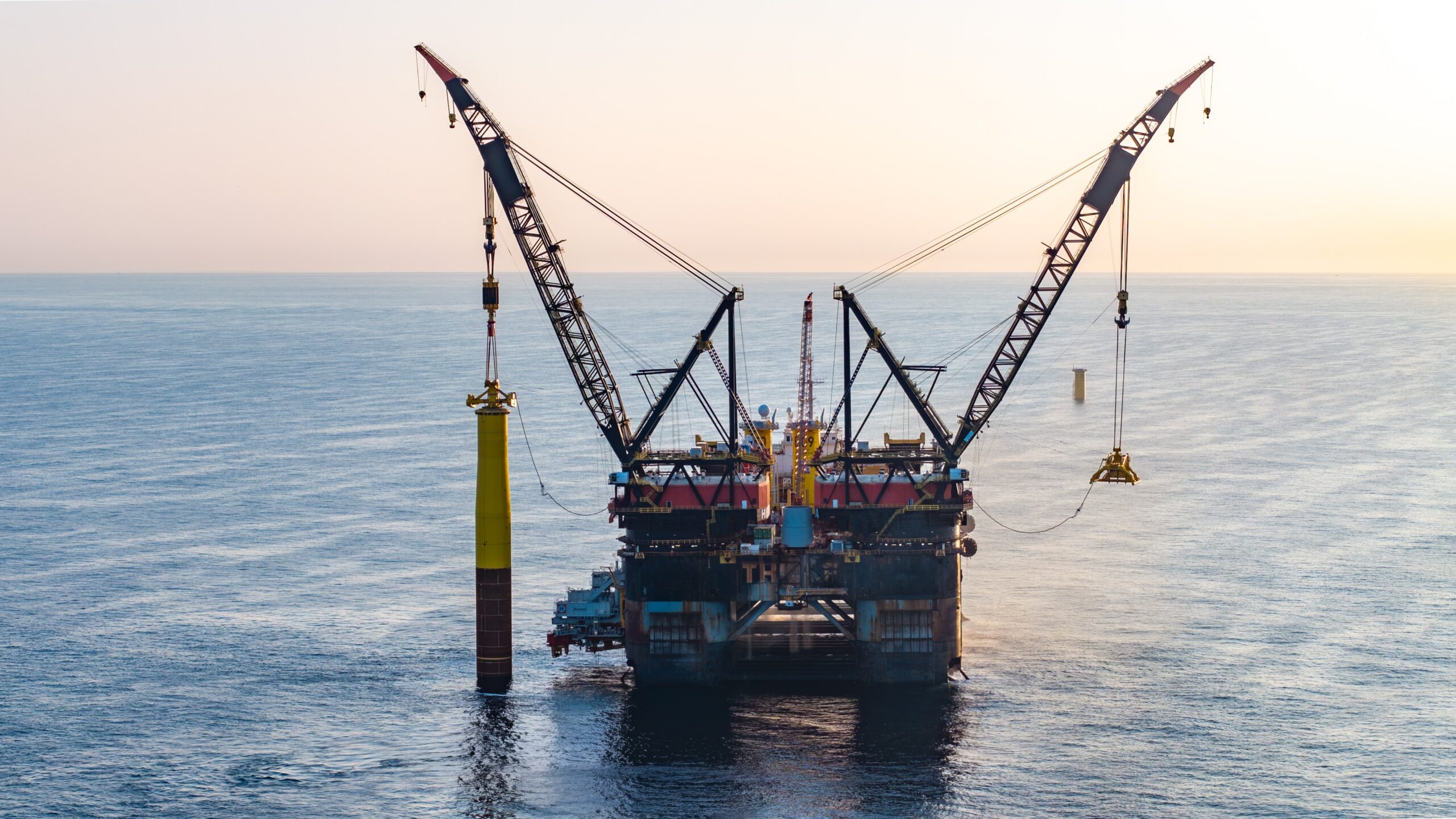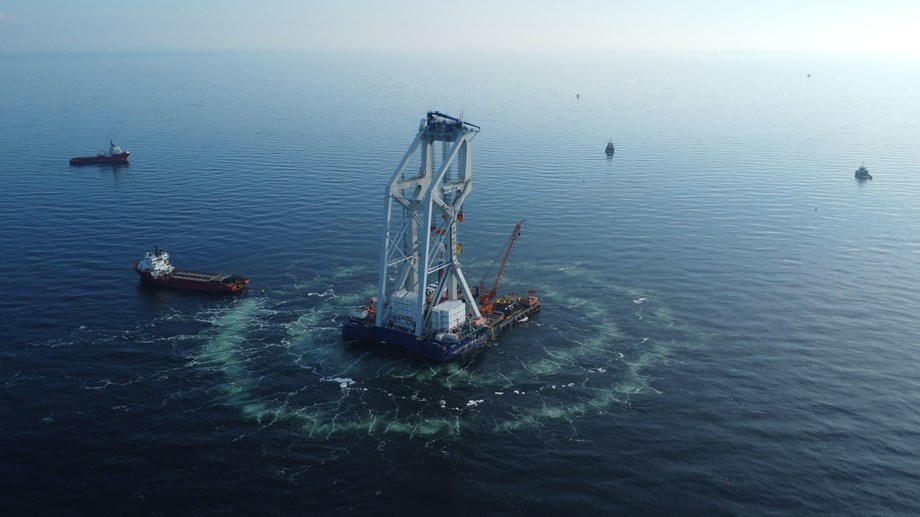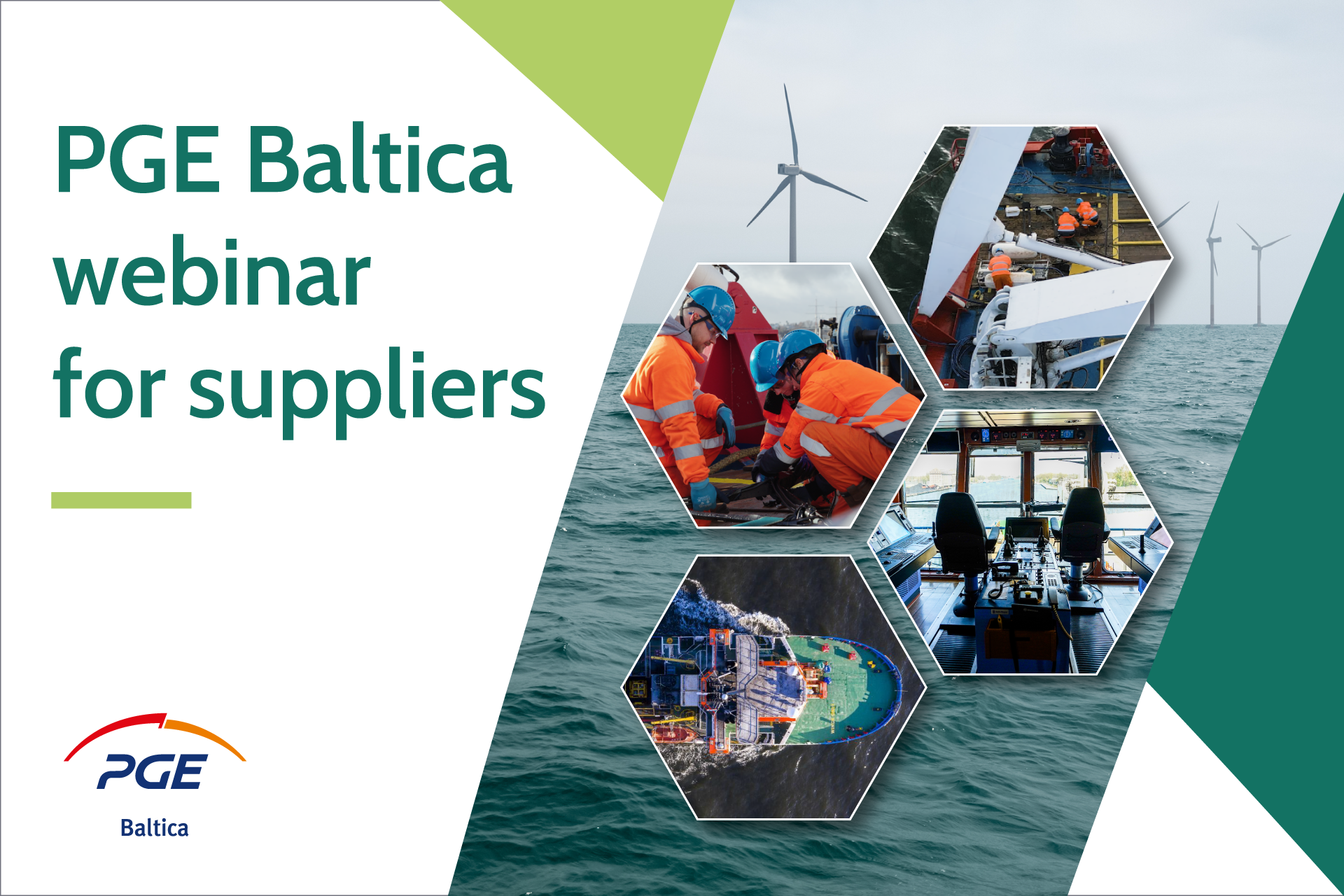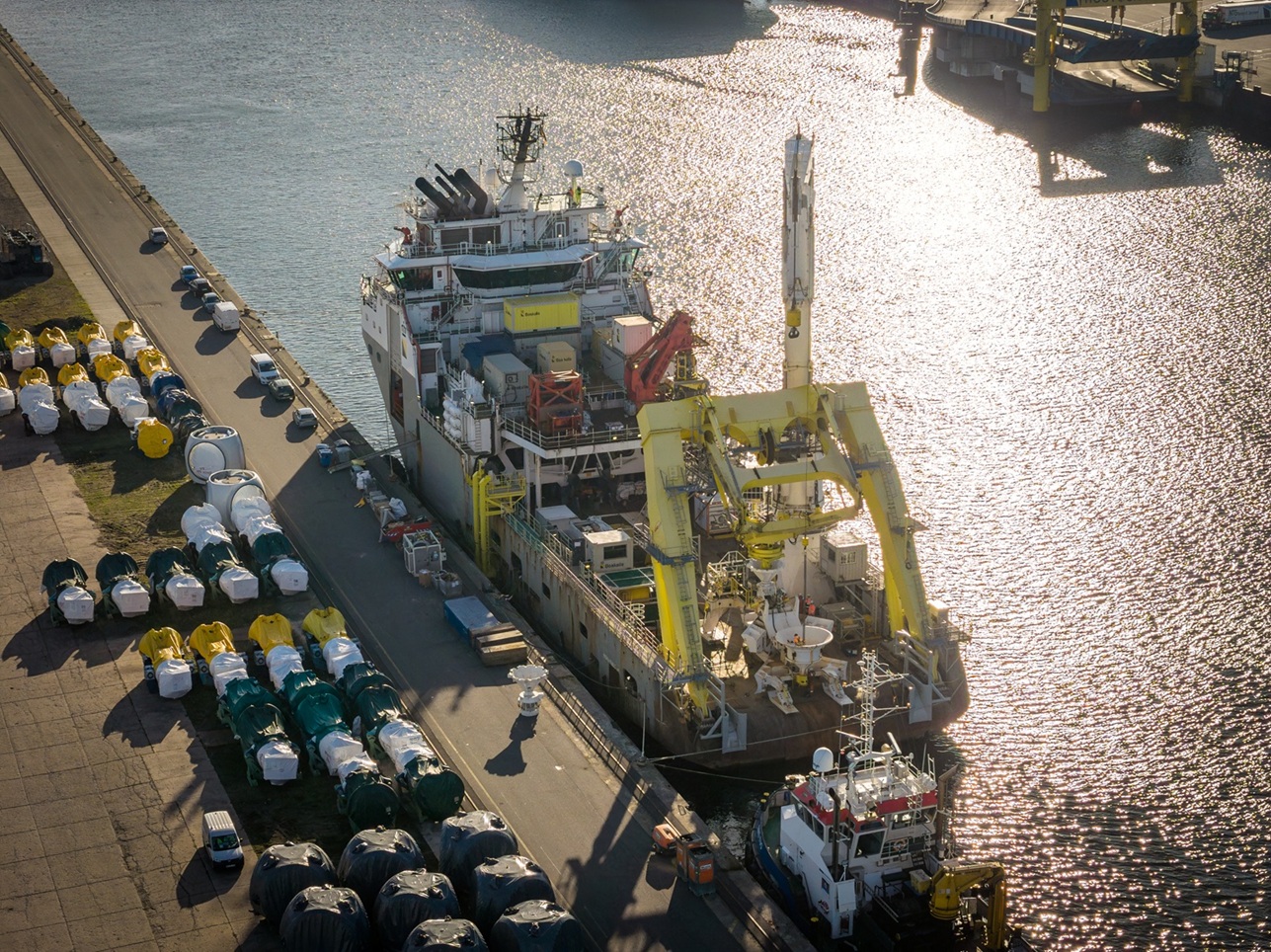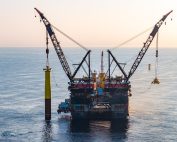The Estonian Consumer Protection and Technical Regulatory Authority (CPTRA) has officially halted the licensing proceedings for the Saare 7 offshore wind farm, located west of Saaremaa island in the Baltic Sea. The decision, issued following an auction held between June 10-12, 2025, comes after both competing applicants, Estonian companies Sunly Wind OÜ and Utilitas Wind OÜ, failed to meet the necessary qualification criteria.
The auction for the 158.9 km² Saare 7 area, a key component of Estonia’s ambitious renewable energy targets, saw Utilitas Wind submit a bid. However, reports indicate that Utilitas Wind did not pay the required deposit to participate, leading the CPTRA to decline the allocation to either company. While the specific reasons for Sunly Wind’s disqualification were not detailed in the public announcements, the outcome underscores the rigorous requirements set by the Estonian authorities for offshore wind development.
Initially, the Saare 7 project had significant potential, with proposed capacities ranging from 552 MW (as per Sunly’s application, detailing 46 turbines of 15 MW each) up to 2000 MW, crucial for Estonia’s goal of achieving 100% renewable electricity by 2030.
Future Outlook for Saare 7 and Estonian Offshore Wind
With no qualified bidders, the Saare 7 site is now open for new applications. Any future bids will be subject to CPTRA’s standard conformity checks, and a new auction process will be initiated if multiple applications are deemed compliant. The CPTRA has indicated that a new auction for Saare 7 is contingent on renewed developer interest.
Despite this setback for Saare 7, Estonia remains committed to its offshore wind roadmap. The country has successfully conducted other offshore wind auctions, often attracting and awarding projects to international developers, demonstrating the broader market interest in the Baltic region. Challenges in Estonia’s offshore wind sector, such as grid infrastructure development and navigating regulatory processes, are continuously being addressed by the government to ensure a smoother path for future projects. This incident, however, highlights the critical importance of fulfilling all financial and technical requirements during the bidding phases of such large-scale energy projects.
Source: CTPRA
